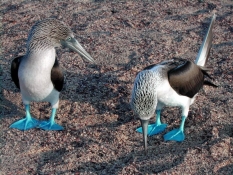Queens
College/CUNY
Education Unit
Fall 2010
Microteaching Instructions
You may remember your own science laboratory experiences in high school or college. Not all of them may have been very effective learning experiences. In fact, many are just cookbook exercises that require you to mindlessly follow recipes. Recently, the National Academies of Sciences published a report that addresses this issue: Read the National Academies of Science new release and report: U.S. High School Science Lab Experiences Often Poor, But Research Points Way to Improvements Before you plan your microteaching lesson, you should read the news release and skim or read the accompanying report. When you design your mini-lesson you should incorporate ideas that will help to make your laboratory science lesson a positive, educational experience.
During this course you will teach one short (10 minutes ) hands-on, inquiry science lesson to your peers. Your lesson should help the students to learn a skill or technique. For example, you might teach a Biology lesson might be on how to use a microscope, how to carry out food tests, starch tests on a green leaf, electrophoresis, etc. A chemistry lesson could help students learn how to carry out a titration, handle chemicals safely, preparation of solutions, etc. A physics lesson could be on determining the resistance of a wire, a pendulum experiment, a smoke cell, ripple tank, etc.
First of all, check with the instructor to make sure that we can obtain all of the apparatus and materials that you need. You will need to supply the instructor with a list of materials you need at least one week before you teach the lesson.
You will also need provide a copy of your lesson plan to the instructor at least one day before you teach each lesson.